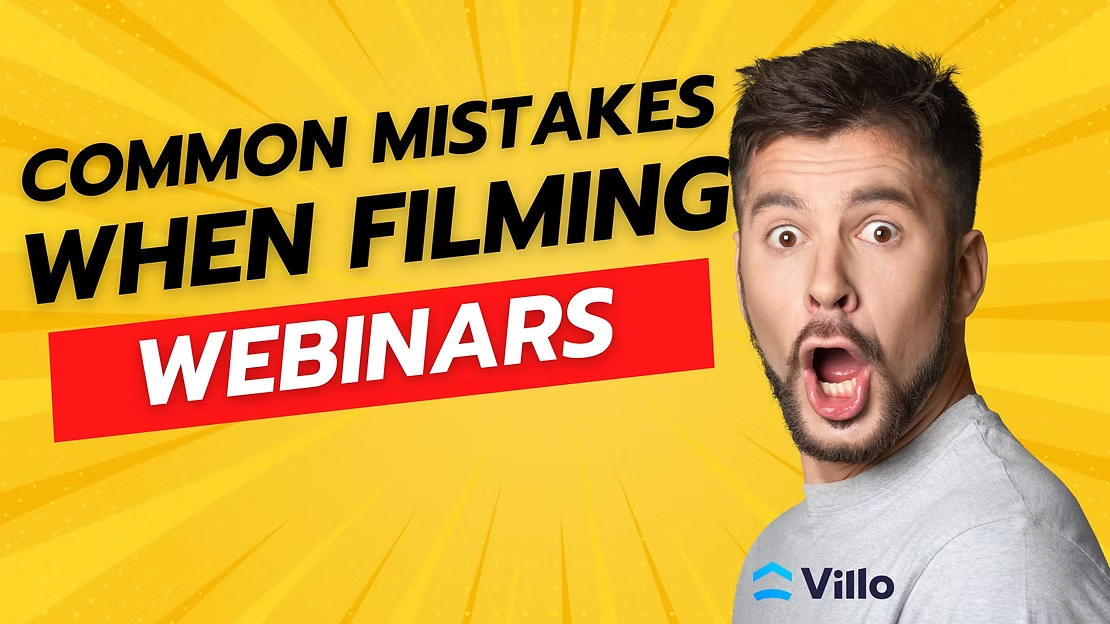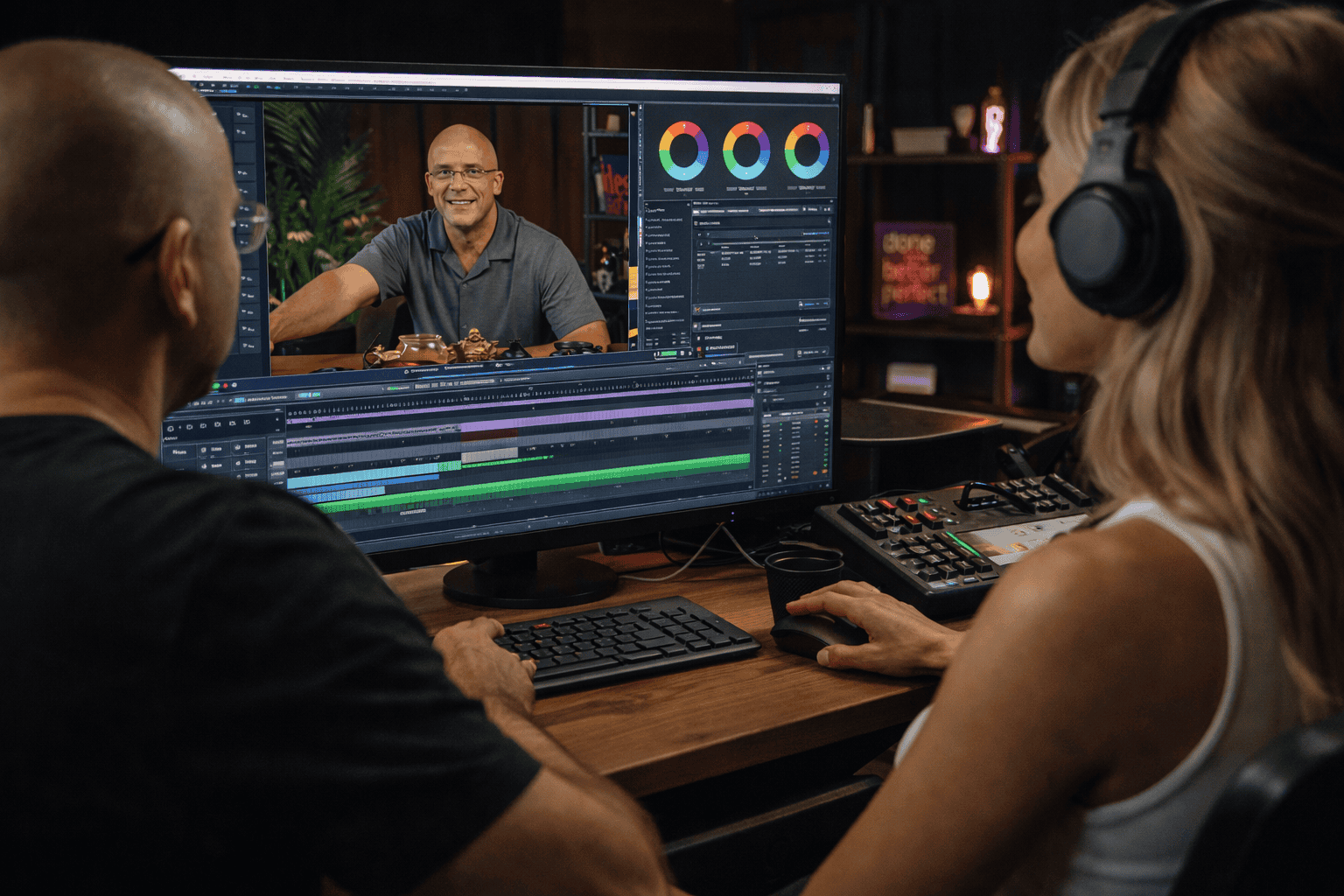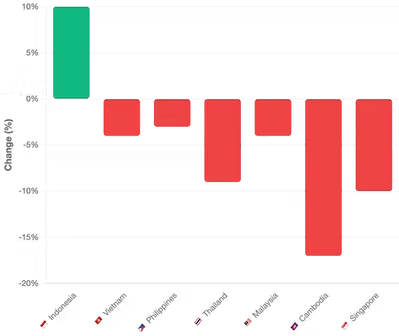Common Mistakes When Filming Webinars and Video Lessons—and How to Avoid Them
Creating professional webinars, live broadcasts, and video lessons is no easy task, but it’s crucial for making a lasting impact on your audience. Yet, many organizers still fall into common traps that can drastically reduce the quality of their content. Whether it’s a poorly chosen outfit, bad lighting, or ignoring the basics of video production, these errors can be costly.
Below, we’ll highlight the most frequent mistakes and provide actionable advice to help you avoid them and deliver exceptional results every time. Common Mistakes When Filming Webinars lets go!
1. “I don’t need makeup; I prefer a natural look.
Cameras have a way of enhancing imperfections such as acne, dark circles, and shiny skin. While editing can smooth these out, it’s always better to tackle them upfront with makeup. Even a light application can dramatically improve how you look on camera.
How to do it right:
Apply makeup, even if it seems too heavy in the mirror—on camera, it will look natural.
Use a matte foundation or powder to avoid shine. Conceal dark circles and blemishes.
Keep blotting sheets handy to control oil during long shoots.
2. “I’ll wear bright clothes to stand out.”
Wearing clothes with thin stripes, plaid, or overly bright materials can create distracting visuals on camera, leading to unwanted reflections and optical illusions. Nude-colored outfits, in particular, can make you look “unprofessional” on video.
How to do it right:
Choose solid, muted colors. Avoid sequins, beads, and intricate patterns.
Avoid satin or shiny fabrics that reflect too much light.
Opt for a loose fit; tight clothing can appear unflattering and create folds.
3. “Sitting is more comfortable for me.”
Sitting may seem like the easy option, but it can affect your energy and posture on camera. A good video shot while seated requires either expert knowledge or a team of professionals to monitor your appearance.
How to do it right:
If possible, stand while filming. Standing allows for better posture and presence.
If sitting is necessary, maintain an upright posture by sitting at the front of the chair and avoiding contact with the backrest.
Ensure that the camera is positioned at chest height for a flattering angle.
4. “Natural light from the window looks great.”
Lighting can make or break your video quality. Poor lighting can result in dark, grainy footage, while improper placement can dramatically change your appearance, highlighting unwanted features.
How to do it right:
Opt for soft lighting like ring lights or LED panels. If the light is too harsh, diffuse it with a white sheet or cloth.
Avoid positioning yourself with a window behind you, as this will create backlighting.
Avoid relying on overhead lights, as they can cast unflattering shadows on your face.
5. “More background details add personality.”
Cluttered backgrounds can easily distract viewers and take away from your message. Too many objects in the background will make the scene look chaotic and unprofessional.
How to do it right:
Keep the background simple and clean. If possible, use a plain-colored backdrop.
Choose props that align with your profession (e.g., stylists might showcase clothing racks).
Consider using a collapsible backdrop if you don’t have a suitable filming location.
6. “My laptop mic is good enough.”
Audio quality is critical. Poor sound will drive your audience away faster than a minor video glitch. Even if your content is strong, bad audio will make it hard for people to follow along.
How to do it right:
Invest in a quality external microphone. Even budget-friendly models can dramatically improve sound quality.
Dampen sound in the room by using blankets, rugs, or pillows to reduce echo.
Always check for background noise before starting to record.
7. “Why prepare? I already know the topic.”
No matter how experienced you are, it’s easy to lose track of your thoughts in front of the camera. Preparing talking points or even using a teleprompter can help you stay focused and deliver your message smoothly.
How to do it right:
Prepare an outline or bullet points to keep you on track.
Practice delivering your content naturally, as if explaining it to a friend.
Consider using a teleprompter if you’re prone to forgetting key points.
8. “I don’t need to edit; it’s fine as is.”
Editing is essential to make your video polished and professional. Simple cuts can remove awkward pauses, mistakes, or filler words like “uh” and “um.”
How to do it right:
Always review your footage and cut out any unnecessary parts.
Don’t stop recording if you make a mistake. Instead, redo the sentence and edit out the error later.
Pay attention to filler words and cut them during the editing process for a smoother flow.
9. “I can’t post the same video across platforms.”
Every platform has its own specifications, but you don’t need to shoot separate videos for each one. It’s much easier to create a high-quality video and then reformat it for different platforms.
How to do it right:
Film in landscape mode (16:9 ratio) for versatility.
Shoot in high resolution to allow for cropping without losing quality.
Leave some extra space in your footage to adjust for different formats, such as YouTube, Instagram, or LinkedIn.
Creating professional webinars and video lessons takes time and effort, but by following these tips, you can avoid common mistakes and produce content that truly shines. At Villo Studio, we offer fully equipped video studios for recording your webinars, courses, and live streams. Let us handle the technical side, so you can focus on delivering your message.
Come to us or make first booking here : https://villostudio.com/



